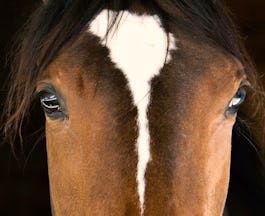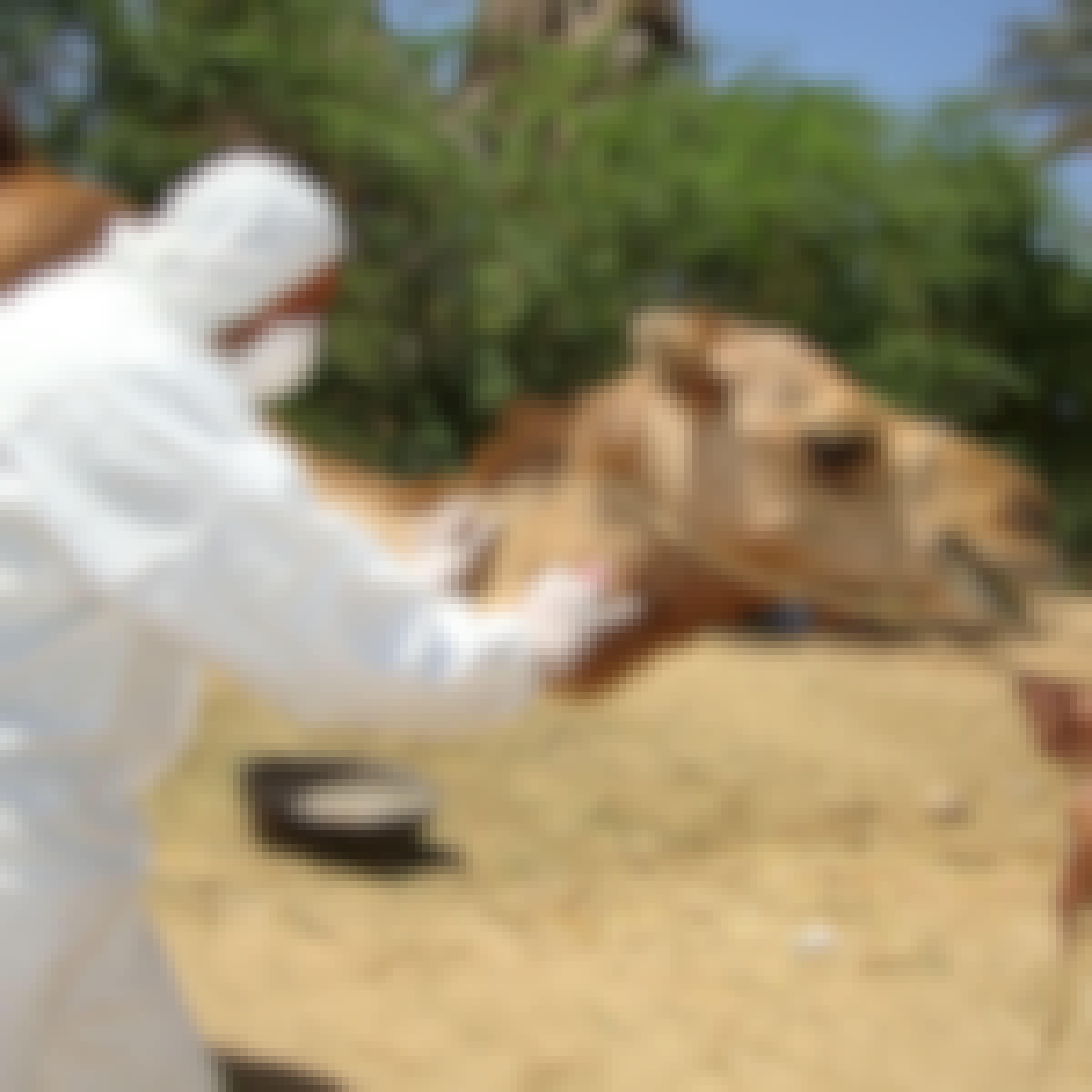Filter by
The language used throughout the course, in both instruction and assessments.
Choose the Animal Behavior Course That Aligns Best With Your Educational Goals
 Status: Free
Status: FreeThe University of Edinburgh
 Status: Free
Status: FreeDuke University
 Status: Free
Status: FreeThe University of Edinburgh

The University of Edinburgh
 Status: Free
Status: FreeWesleyan University

University of California, Davis
 Status: Free
Status: FreeUniversity of Florida
 Status: Free
Status: FreeHebrew University of Jerusalem
 Status: Free
Status: FreeUniversity of Geneva
Skills you'll gain: Epidemiology
 Status: Free
Status: FreePeking University
 Status: Free
Status: FreeThe University of Edinburgh
 Status: Free
Status: FreeYale University
Skills you'll gain: Critical Thinking
Searches related to animal behavior
In summary, here are 10 of our most popular animal behavior courses
- Animal Behaviour and Welfare: The University of Edinburgh
- Dog Emotion and Cognition: Duke University
- The Truth About Cats and Dogs: The University of Edinburgh
- Animal Welfare in the Clinic: The University of Edinburgh
- Social Psychology: Wesleyan University
- Equine Welfare and Management: University of California, Davis
- The Horse Course: Introduction to Basic Care and Management: University of Florida
- Sex from Molecules to Elephants: Hebrew University of Jerusalem
- Global Health at the Human-Animal-Ecosystem Interface: University of Geneva
- Advanced Neurobiology II: Peking University










